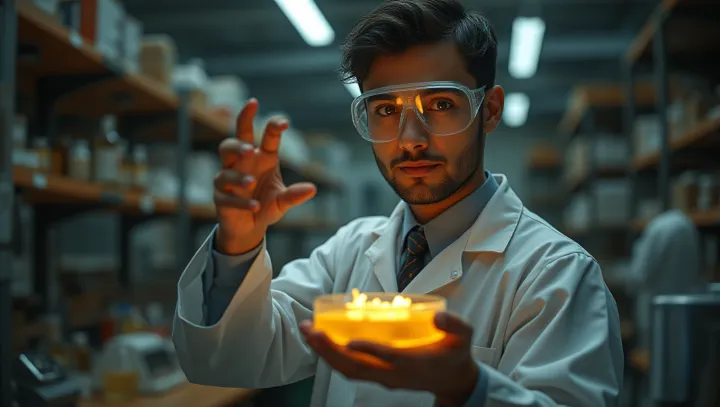Penicillin Discovery: A Medical Revolution

The monumental discovery of penicillin by Alexander Fleming, at St. Mary's Hospital in London, marked a groundbreaking transformation in medicine. Recognized as the world's first true antibiotic, penicillin revolutionized the way bacterial infections were treated, leading to an era where once-fatal diseases could now be cured.
Fleming's serendipitous find unfolded when he observed that the mold Penicillium notatum inhibited the growth of bacteria in his petri dishes. This accidental yet fortuitous observation ignited a medical revolution. With the mass production initiated during the subsequent years, penicillin played a key role during wartime, significantly reducing infection-related mortalities.
Medical professionals around the globe hailed penicillin as the 'miracle drug,' reshaping healthcare practices permanently. Its ability to combat a vast array of bacterial infections drastically improved the quality of life and extended life expectancies worldwide. As healthcare systems continue to grapple with antibiotic resistance, the initial discovery of penicillin remains a cornerstone of medical advances and a reminder of the ongoing quest for innovative treatments.
